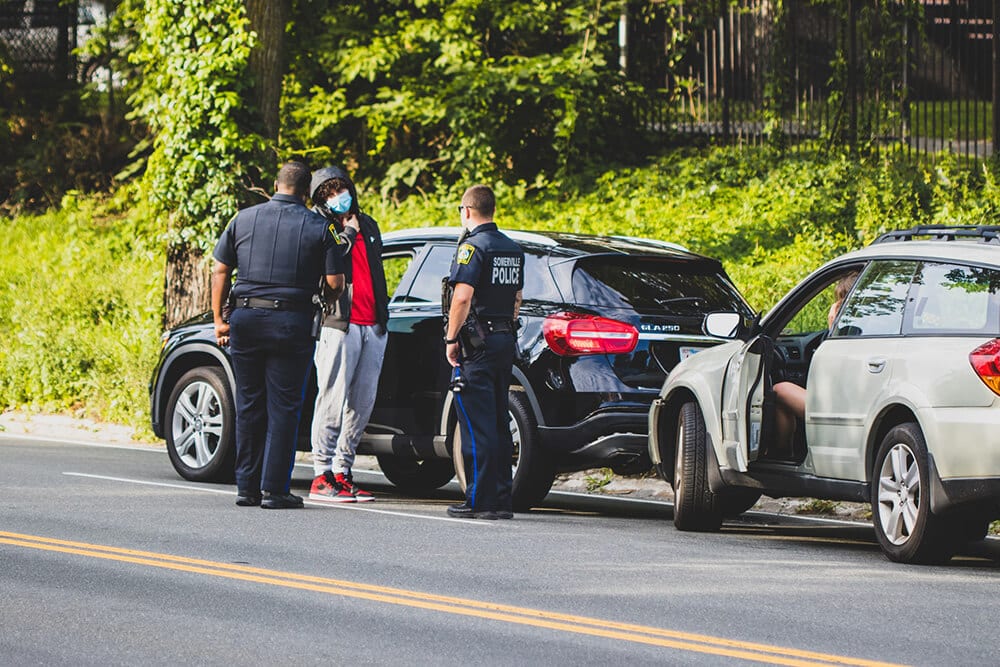
If you’ve recently been injured in a car accident that was not your fault, the process of filing an injury compensation claim can seem daunting. Dealing with insurance companies can also be a challenge. With the right information and advice, however, the whole process can become much easier. In this article, we’ll provide some tips on how to effectively handle a car accident injury compensation claim.
Appoint A Lawyer To Help You
If you try to handle the claim yourself, you may not know your rights or the legal options available to you – and the insurance company will likely take advantage of this. A good lawyer will level the playing field and give you a much better chance of getting the compensation you deserve.
Your lawyer will be able to investigate the accident and gather evidence to support your claim. They’ll also be able to negotiate with the other party’s insurance company on your behalf. If you search online for motor vehicle accident lawyers you can book a free non-obligatory assessment and access a ‘no win no fee’ arrangement. With legal help, you can progress your claim faster and negotiate a fairer payout.
Seek Immediate Medical Attention
The first and most important thing to do after a car accident is to seek medical attention, even if you feel fine. It’s common for people to experience a rush of adrenaline after an accident that can mask pain or other injuries. It’s also true that some physical symptoms will only appear later on.
A medical professional will be able to properly assess your condition and rule out any serious injuries. You may be referred for additional tests such as x-rays or MRI scans, or a consultation with a specialist to obtain a full diagnosis. Your doctor will also create a medical record that will form part of your legal evidence to support your personal injury claim.
Collect Evidence At The Scene
It’s a good idea to take photos of the damaged vehicles and any debris on the road. You should also take pictures of any injuries you may have sustained. If there were issues with the road such as potholes and loose gravel, poor lighting or overhanging trees take photos of these things too.
Collect the contact details of the other party (including their driving license, license plate, insurance details, address, and phone number). Also, take the addresses and mobile numbers of any people who were witnesses to the accident. Their statements may be used as crucial evidence as to what happened and why.

Get The Police Involved And Contact Your Insurance Company
In most cases, you’ll want to get the police involved after a car accident. They can help to document the incident and will usually file an accident report. This can be useful when filing an insurance claim or a personal injury lawsuit.
After a car accident, you’ll also need to contact your insurance company to begin the claims process. Be sure to have all of the relevant information on hand, such as the police report and the evidence you collected at the scene.
Keep Track Of All Your Expenses
They should include:
- Doctor’s visits (including transport invoices)
- Hospital bills
- Prescription medication
- Physical/emotional therapy
- House modifications (e.g. wheelchair ramps, grab handles, walk-in baths or showers, stairlifts)
- Any other out-of-pocket expenses
You’ll need to provide proof of your expenses in order to be compensated, so keep all receipts and paperwork in a safe place. If you have to miss work, make sure to keep track of the days and provide documentation from your employer.
Seek Benefits And Create A Timeline
If you’ve been involved in a car accident, you should contact your insurance company quickly to find out what benefits you may be entitled to. They may be able to help you recover disability benefits and income replacement benefits. If you were injured whilst traveling for work, notify your employer immediately. Also, speak to your lawyer to gain their additional input.
You should also create a timeline of the accident and your injuries to help you keep track of what happened and when. This can also be helpful when dealing with insurance companies. Include everything from the date of the accident, how it happened, what injuries you sustained, and your treatment plan. Make sure to update this timeline as new information arises.
By involving the right professionals and taking the necessary actions you will be best placed to gain justice. Then you’ll have the money you need to fully recover and move on with your life.







